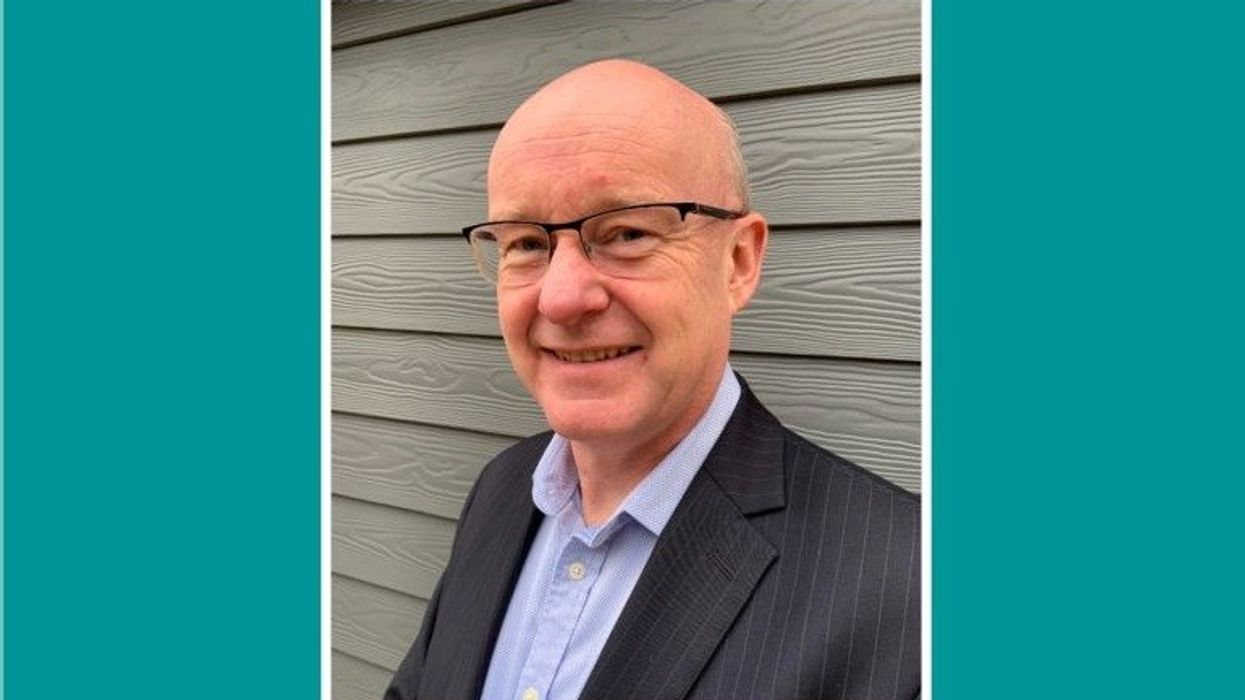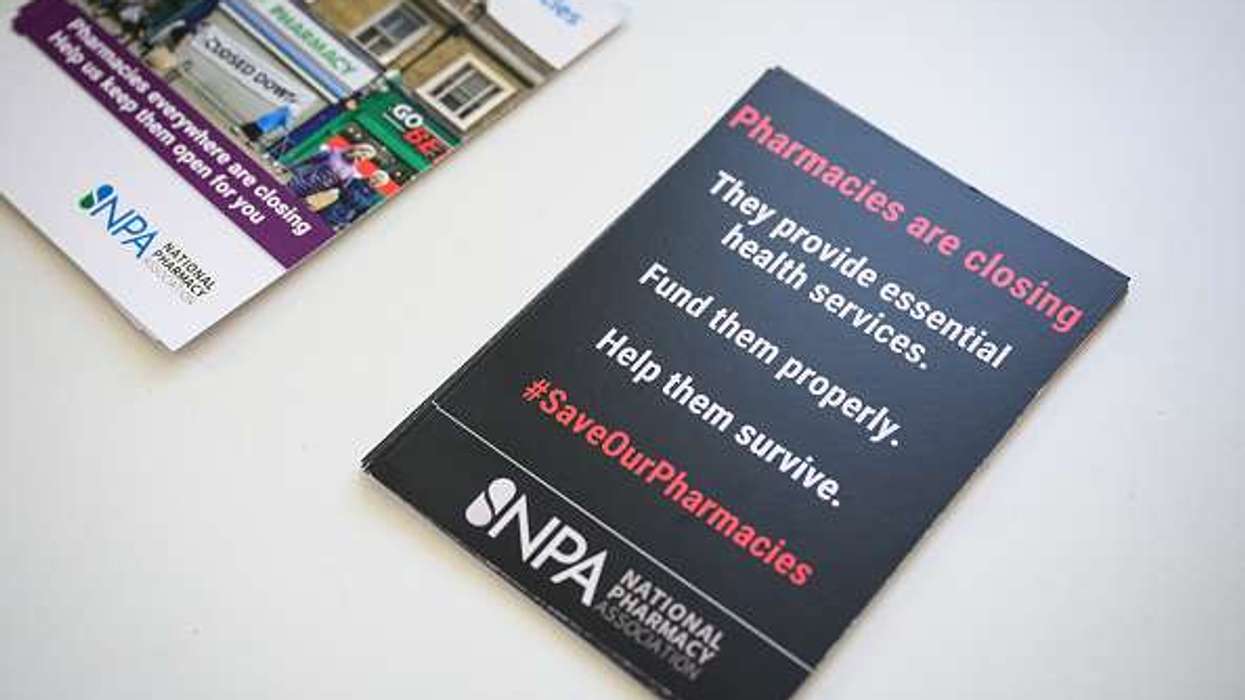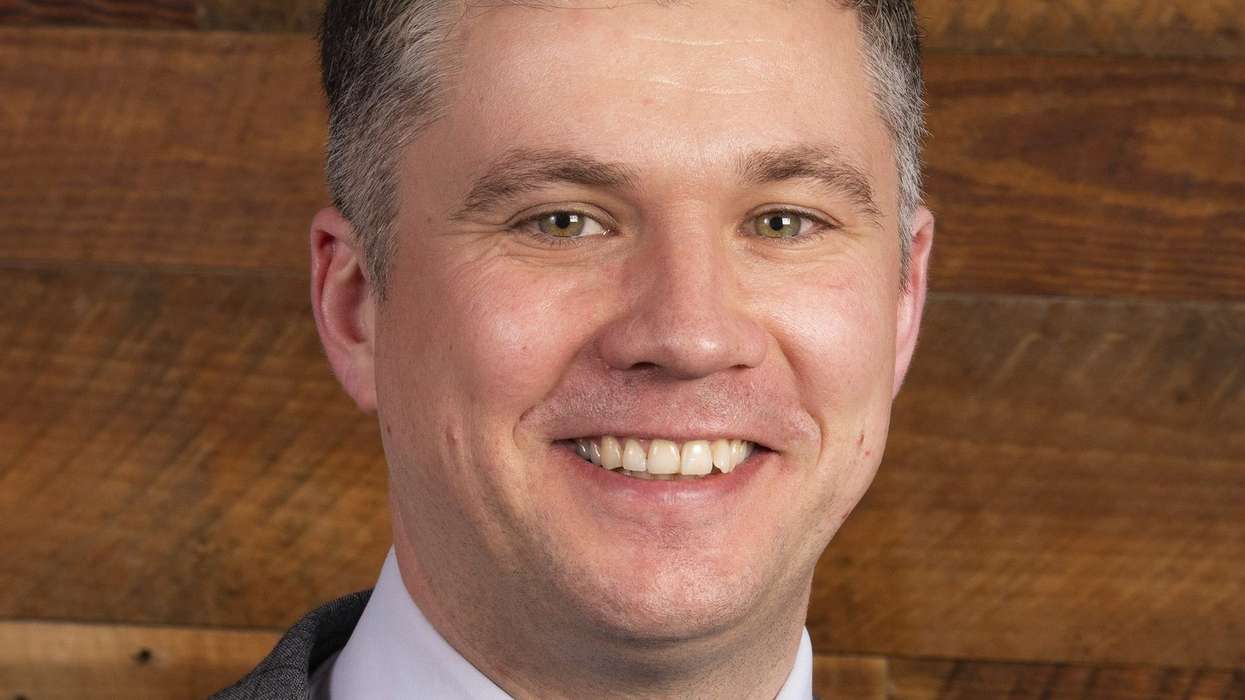Harry McQuillan believes that, by adopting a similar approach, the Westminster government could secure a stable future for pharmacies in England
The Community Pharmacy Scotland (CPS) board, representing 1,243 pharmacies across the country, has accepted a financial offer from the Scottish government for 2024/25.
This agreement includes a 6 per cent increase in the global sum, raising it by £13.2 million to a total of £232.67 million.
Additionally, the guaranteed minimum for reimbursement will rise from £100 million in 2023/24 to £110 million in 2024/25, adding £10 million to the total.
CPS chief executive Matt Barclay expressed hope that this new deal will help alleviate pressures on the community pharmacy network.
The negotiator noted that more details regarding this year's financial settlement will be provided in due course.
Harry McQuillan, Chairman of Numark, stated that this financial settlement for community pharmacies in Scotland, accepted by the CPS Board, marks a “significant achievement in ensuring stability for the network pharmacies across the country.”
“This deal, a 6 per cent uplift on the Global Sum and an increase in the guaranteed minimum of reimbursement margin to £110 million, signals not only a much-needed financial boost but also the importance of strong, collaborative negotiation,” he said.
He suggested that Westminster should take note of this deal, as the pressure on pharmacies in England is nearing “breaking point.”
McQuillan expounded: “At the core of this agreement is the art of negotiation. The CPS Board demonstrated the value of maintaining constructive relationships with the government, particularly during periods of financial difficulty. These talks were not just about figures, they were about mutual respect and understanding of the critical role community pharmacies play in the NHS.
“Westminster could draw from this lesson. Fostering deeper communication with stakeholders within England’s community pharmacy network could alleviate many of the growing pains currently experienced.
“The ongoing struggles in England, with underfunding and insufficient recognition of pharmacies’ contribution to public health, reveal a need for a similar approach to what has been achieved in Scotland.”
According to McQuillan, one of the most notable elements of the Scottish deal is “the promise of a stable financial footing for the next year” amidst the rising business costs.
“It allows pharmacies to plan with confidence, knowing they have some level of security,” he added.
McQuillan noted that while the 2024/25 agreement doesn’t yet allow for the significant expansion of services, it does provide some much-needed breathing room for community pharmacies.
The biggest takeaway from Scotland’s deal
“It’s the Scottish Government’s willingness to listen,” McQuillan said.
“While it wasn’t easy, and certainly not quick, this agreement is evidence that when decision-makers truly engage, solutions can be found,” he added.
Pharmacy contractors face constant financial pressures that will continue beyond this deal, but the Scottish Government has acknowledged these challenges, committing to further discussions.
McQuillan believes that Westminster could benefit from this model of engagement.
He continued: “A genuine, transparent conversation with pharmacy leaders could lead to more informed decisions that balance economic realities with the undeniable need for a well-supported pharmacy network.
“Scotland’s recent and previous settlements send a clear message; mutual respect, transparent negotiation, innovative use of monies that are already in the system and a commitment to long-term solutions lead to a stronger, more resilient community pharmacy network.”
McQuillan suggested that by adopting a similar approach, the Westminster government could secure a stable future for pharmacies in England, allowing them to continue their essential role in supporting the NHS and the communities they serve.













